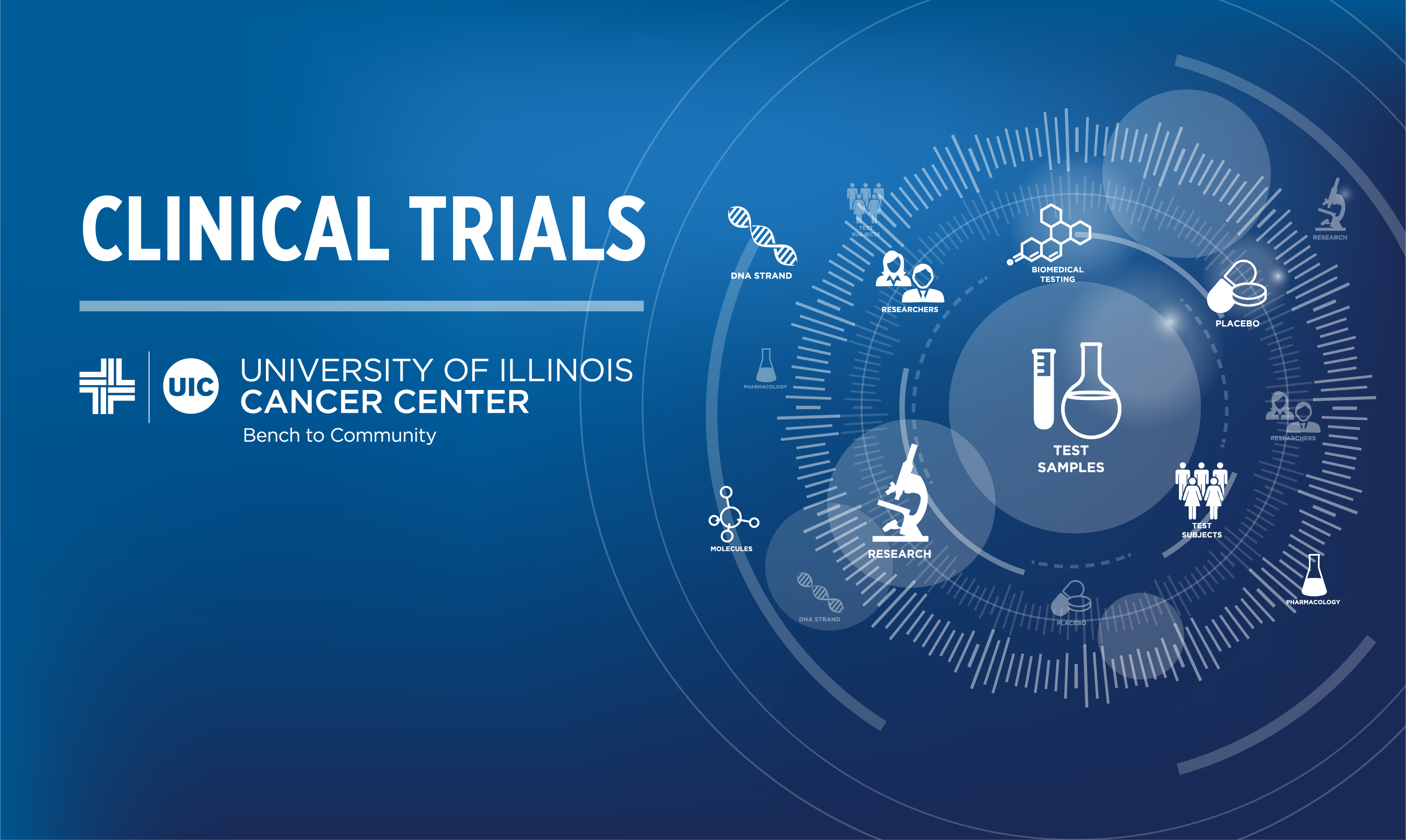
Non-small cell lung cancer (NSCLC) is one of the two main types of lung cancer. It usually grows and spreads at a slower rate than small cell lung cancer.
NSCLC makes up between 80% and 85% of lung cancers, and it disproportionately affects Black Americans.
Lungs are responsible for breathing in oxygen and breathing out carbon dioxide. These important sponge-like organs have many different parts, including the lobes (sections), trachea (windpipe), bronchi (airways that enter the lungs), bronchioles (smaller bronchi), and alveoli (tiny air sacs at the end of bronchioles).
Typically, lung cancer begins in the cells that line the bronchi, bronchioles, or alveoli.
The main subtypes of NSCLC are adenocarcinoma, squamous cell carcinoma, and large cell carcinoma. These subtypes are grouped together because their treatment and outlook are similar.
Metastatic NSCLC means that cancer has spread to distant parts of the body. In the case of lung cancer, metastasis usually occurs in the adrenal gland, bones, brain, liver, and other lung.
Here’s Where Our Research Comes In
One of the standard courses of treatment for non-small cell lung cancer is platinum-based chemotherapy. In this form of chemotherapy, chemicals called cisplatin and carboplatin are used to prevent cells from replicating (making copies of themselves).
When this treatment doesn’t destroy all of the cancer cells, and cancer grows, spreads, or gets worse, this is called progression. This may mean that different treatment is necessary.
Imprime PGG is an injectable formulation used to create an anti-cancer immune system response from the body. Pembrolizumab is a drug that helps immune cells kill cancer cells more efficiently. These two treatments are often used in combination to treat NSCLC that has not responded to platinum-based chemotherapy.
This treatment is effective, but a dose that is too high may cause unacceptable side effects.
BTCRC-LUN15-017: Phase Ib/II Study of Anti-PD-1 Antibody Pembrolizumab and Imprime PGG for Patients with Metastatic Non-small Cell Lung Cancer After Progression on First-Line Therapy, PI: Lawrence Feldman, MD
This study aimed to establish the maximum tolerated dose (MTD) of Imprime PGG in combination with pembrolizumab for patients with metastatic non-small cell lung cancer after cancer has progressed following platinum-based chemotherapy.
It was conducted through the Big 10 Cancer Research Consortium, involving both the University of Iowa and Rutgers University.
We enrolled and provided Imprime PGG therapy in combination with pembrolizumab to patients 18 years and older with Stage IV NSCLC who met study eligibility criteria. All participants were patients at UI Health, University of Iowa, and Rutgers University at the time of their participation.
The results of this clinical trial are pending publication of the study.
UI Cancer Center’s Commitment to Lung Cancer Research
At UI Cancer Center, reducing cancer disparities and ensuring that all patients can get the care they need are top priorities.
Lung cancer disproportionally affects the Black community. Black men are about 15% more likely to develop lung cancer than white men.
Since we serve a highly diverse patient population, where Black patients represent a significant part of this population, researching lung cancer is central to the mission of UI Cancer Center.
